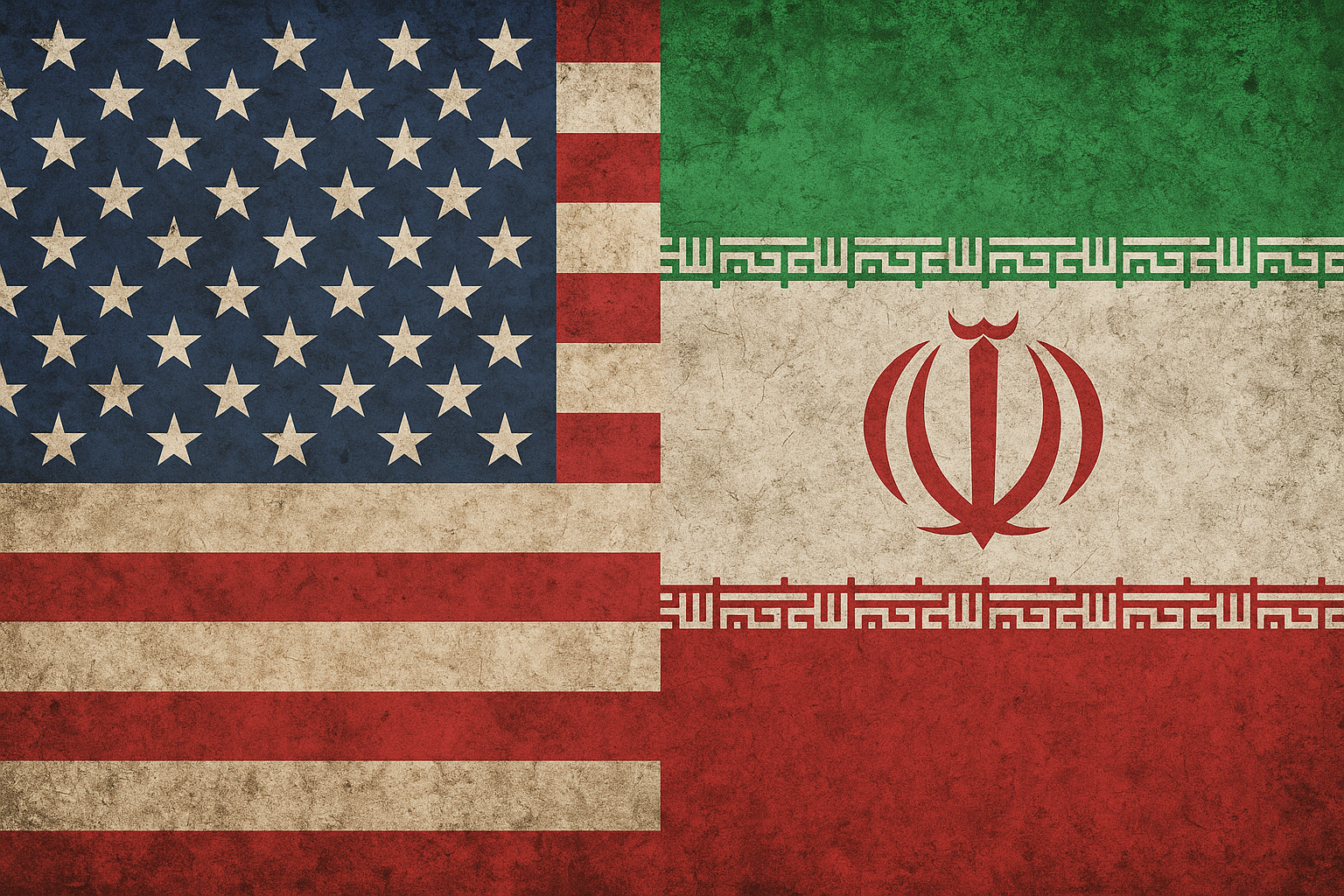Already a subscriber? Make sure to log into your account before viewing this content. You can access your account by hitting the “login” button on the top right corner. Still unable to see the content after signing in? Make sure your card on file is up-to-date.
Top Iranian officials have revealed that the United States and its allies are pursuing an “aggressive” strategy toward Tehran’s nuclear program, which they say has left no room for talks.
Some shit you should know before you dig in: Earlier this year, the United States carried out coordinated strikes on several of Iran’s key nuclear facilities, including sites at Fordo, Natanz, and Isfahan. The attacks inflicted significant physical damage, temporarily halting uranium enrichment activities and disabling parts of Iran’s nuclear infrastructure. However, some reports suggest that not all of Iran’s enriched uranium stockpile was destroyed during the strikes, and intelligence assessments indicate that Iranian officials had moved sensitive equipment and materials from some sites in the weeks leading up to the strikes (raising questions about the extent to which the program was truly taken offline). Since the attacks, Iran has begun reconstruction efforts at some of the targeted facilities, signaling its intent to restore and possibly expand its nuclear capabilities despite the setback.

What’s going on now: In a notable development, Iranian Foreign Minister Abbas Araghchi stated that the current US posture shows no genuine interest in diplomacy, accusing top US officials of using negotiations as a tool for political leverage rather than conflict resolution. Araghchi added that, “The US cannot expect to gain what it couldn’t in war through negotiations.” Despite the hardened stance, Araghchi stressed that Iran remains open to dialogue but only if it’sgrounded in mutual respect and not “negotiations meant for dictation.”
Iranian officials also revealed that regional mediation efforts are ongoing, with countries like Qatar relaying messages between Tehran and the US. A formal letter from Araghchi was delivered to Qatari Prime Minister Sheikh Mohammed bin Abdulrahman bin Jassim Al Thani, reportedly addressing broader regional security issues, including the ceasefire in Gaza and Iran’s nuclear program.
Meanwhile, tensions with the International Atomic Energy Agency (IAEA) are deepening. The IAEA recently confirmed it has not been able to verify Iran’s stockpile of 60% enriched uranium since the June attacks, citing a lack of access to critical facilities. The agency has requested inspections at seven damaged sites, including Fordo and Natanz, but Iran has so far only allowed limited access to locations like the Bushehr Nuclear Power Plant and the Tehran Research Reactor. Araghchi insisted that Iran is still cooperating with the IAEA and that communication channels remain open, but officials warned that any new Western-backed resolutions at the agency’s board could force Tehran to “reconsider its approaches.”







